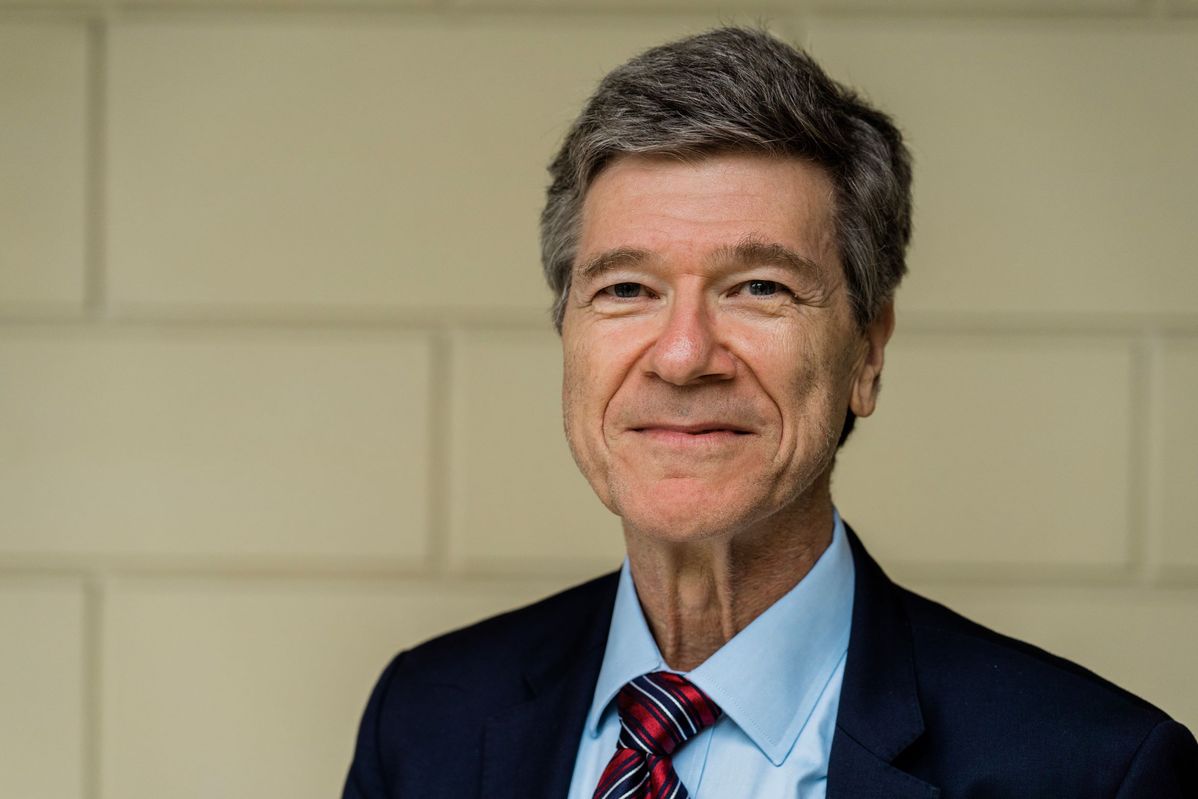
The prevailing view in Washington that China poses a threat to the United States is a mistake with dangerous consequences, a senior US economist warned.
This flawed approach, if left unchecked, risks becoming "a self-fulfilling prophecy of conflict" between the world's two largest economies.
"The Trump administration's decision to impose tariffs on Chinese goods was a deliberate attempt to harm China's economy," said Jeffrey Sachs, a world-renowned professor of economics and director of the Center for Sustainable Development at Columbia University, in an interview during the ongoing Boao Forum for Asia Annual Conference 2025.
READ MORE: Innovation to further drive nation's growth
It stems from a long-standing US foreign policy mindset that views China as "an adversary that must be contained" — a concept rooted in the Cold War mentality toward the erstwhile Soviet Union, Sachs said, highlighting the heavy-handed use of tariffs over the past months as a coercive tool to force other countries to bend to Washington's will.
US President Donald Trump said he would consider reducing tariffs on China to facilitate the sale of short-video platform TikTok to a non-Chinese buyer, according to a Reuters report on Wednesday.
However, the reality is that the US market is "no longer as strategically important for Chinese exports as it once was", diminishing the leverage that Washington believes it holds over Beijing, Sachs added.
At the request of the US side, He Lifeng, China's vice-premier and Chinese lead for Sino-US economic and trade affairs, held video talks with US Trade Representative Jamieson Greer on Wednesday.
He expressed grave concern over the additional US tariffs on Chinese goods over the issue of fentanyl, the Section 301 investigation and proposed "reciprocal" tariffs, stressing that China hopes the US side will soon return to resolving shared concerns through equal consultation.
"The Trump administration's attempt to restrict Chinese direct exports has led many Chinese enterprises to establish manufacturing operations overseas," said Yao Yang, director of the China Center for Economic Research at Peking University.
Just like years ago, Washington's attempts to constrain China's technological advancement have not only failed to achieve its objectives, but have in fact catalyzed an even faster pace of progress in the nation's domestic innovation ecosystem, Yao added.
In particular, the recent rise of Chinese artificial intelligence startup DeepSeek, Sachs noted, has dealt a blow to the assumption that the US and other high-income countries maintain an unassailable technological advantage over China and the rest of the world.
"The US believed over the last 80 years that it held a monopoly of some technology that would give the country permanent dominance," Sachs said. "When it came to AI and large language models, the US thought it is many years in advance, and then DeepSeek came out of nowhere."
"The emerging and developing economies will continue to grow faster than the already high-income countries. The gap will narrow. We will be in a multipolar world, and it will be a world in which the benefits of technology are shared much more equally than in the 19th and 20th centuries," he said.
ALSO READ: CEEC aiming for larger energy transition mandate
However, Sachs said: "What the US is aiming for is dominance. It's aiming for primacy. It's aiming for hegemony, depending on whatever term you want to use. But this is not a sensible objective."
Indeed, the economic fallout from the "America First" doctrine has been far more severe on the US side. The Atlanta Federal Reserve's GDPNow model projects a 1.8 percent contraction in US economic growth for the first quarter of 2025, potentially marking the first quarterly decline since the first quarter of 2022.
"The United States should recognize that China's rise is not only good for China, but also good for the US and the world as a whole," Sachs said.
Contact the writers at wangkeju@chinadaily.com.cn


